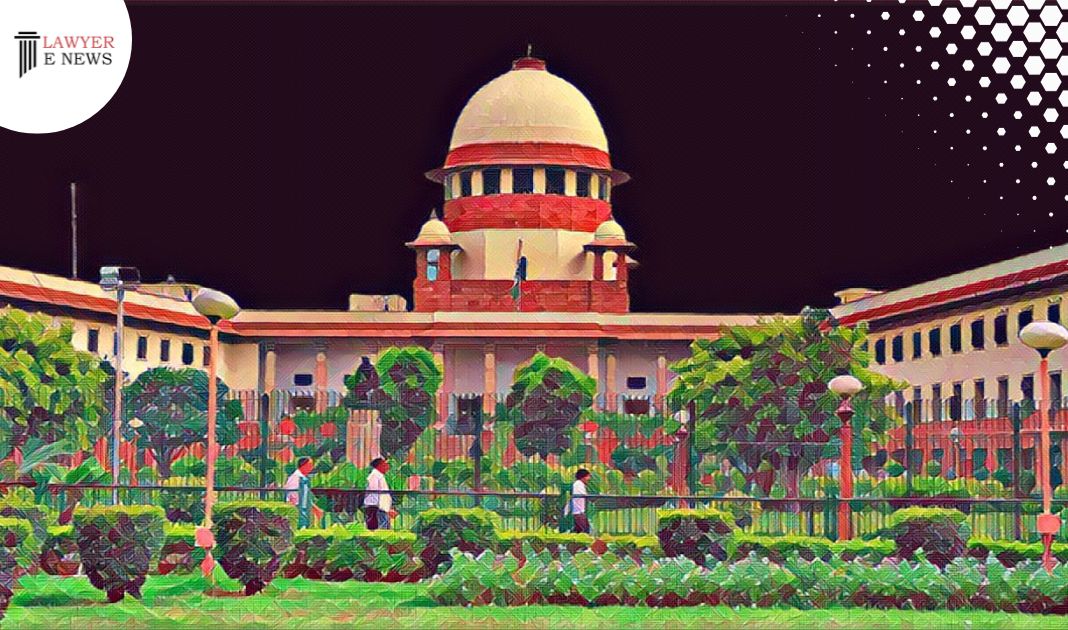-
by Admin
15 February 2026 5:01 PM



In a landmark ruling, the Supreme Court of India, presided over by Justices Aniruddha Bose and Augustine George Masih, acquitted Smt. Najmunisha and Abdul Hamid Chandmiya in a narcotics case, underlining crucial procedural lapses in search and seizure operations under the Narcotic Drugs and Psychotropic Substances Act, 1985 (NDPS Act). The decision, delivered on 9th April 2024, casts light on the importance of adhering to statutory safeguards in narcotics investigations.
The core issue of the judgment centers around the mandatory procedural compliance in search and seizure under the NDPS Act and the validity of confessional statements under Section 67 of the NDPS Act.
Najmunisha and Abdul Hamid Chandmiya were convicted of narcotic substance possession and trafficking. Central to the appeals were questions regarding the compliance with Sections 41 and 42 of the NDPS Act during the search and seizure and the admissibility of confessional statements as per Section 67 of the NDPS Act.
Procedural Non-Compliance: The Court identified critical failures in the search and seizure process, including the lack of proper authorization and discrepancies in the raiding party’s testimony, leading to doubts about the prosecution’s integrity.
Confessional Statements Under Section 67: Aligning with the precedent in Tofan Singh v. State of Tamil Nadu, the Court held that statements under Section 67 of the NDPS Act are not confessional for trial purposes, as the officers recording these statements lack police investigation authority.
Upholding of Fundamental Rights and Fair Trial Principles: The judgment emphasized Article 21 of the Constitution, criticizing the investigation for not adhering to due process, thus affecting the credibility of the prosecution’s case and violating the accused’s fundamental rights.
The appellants were acquitted due to the noted procedural lapses and inadmissibility of crucial evidence, with the Court granting them the benefit of doubt.
Date of Decision: 9th April 2024
Smt. Najmunisha vs. The State of Gujarat & Narcotics Control Bureau
